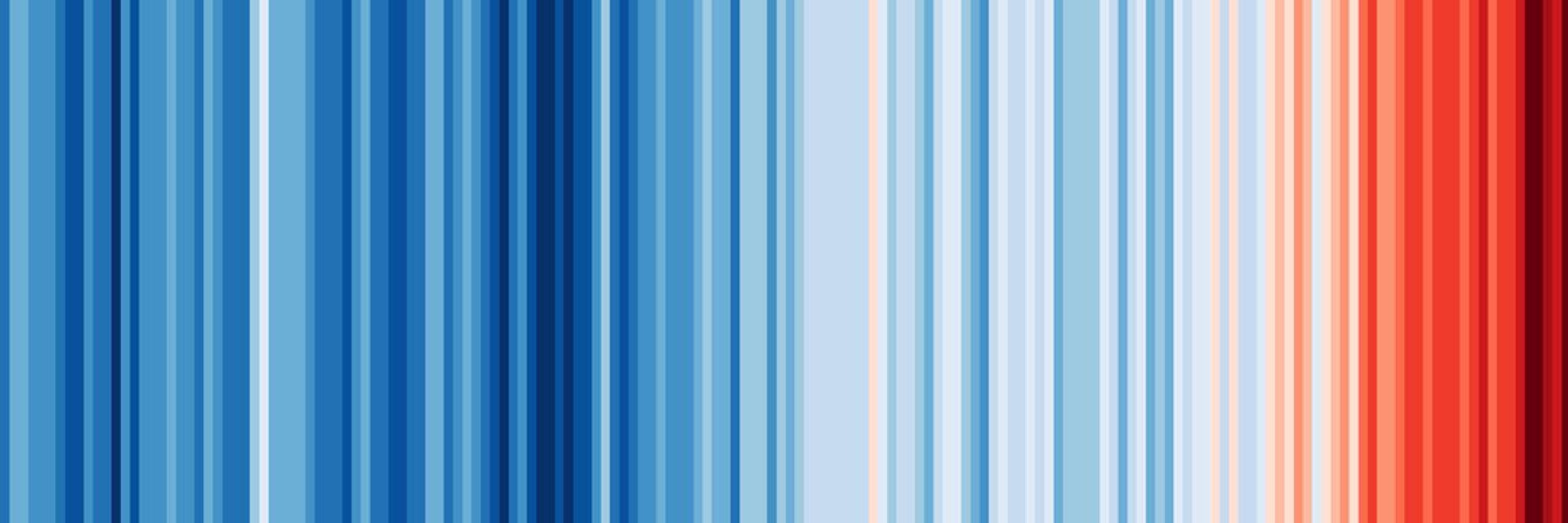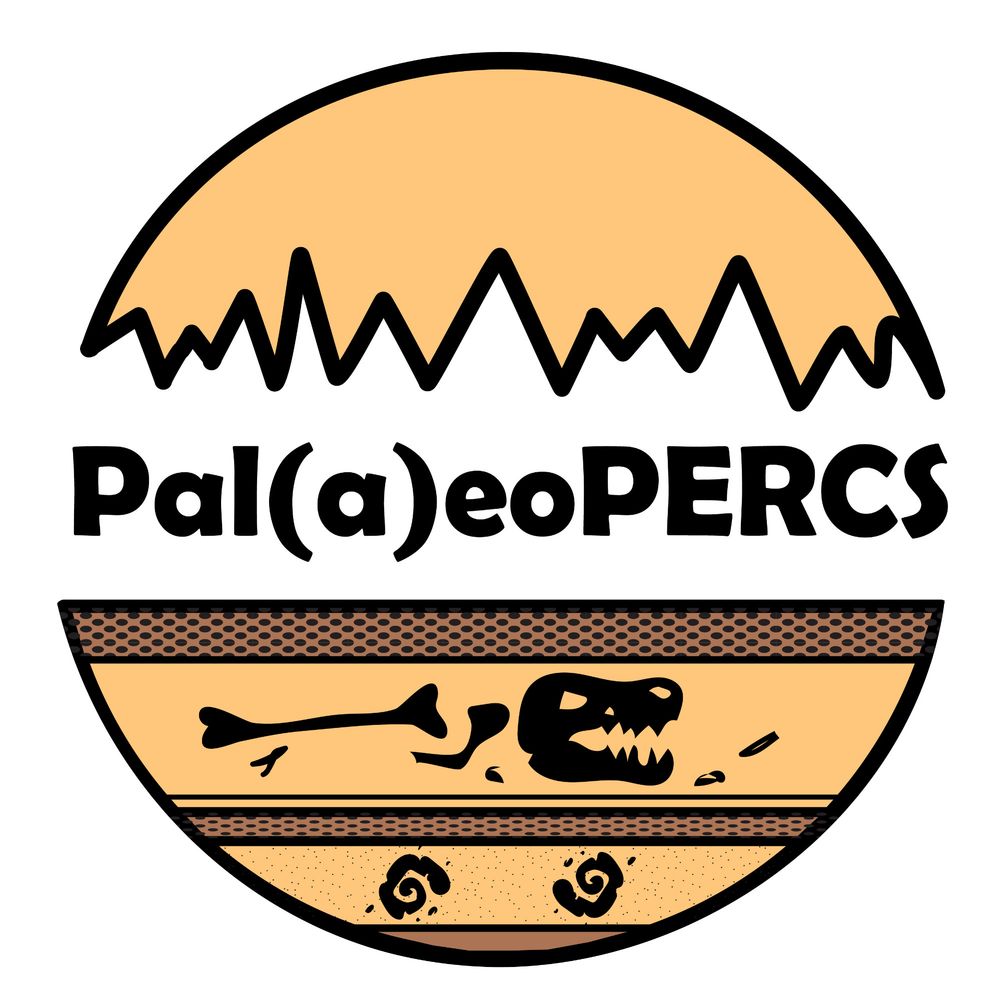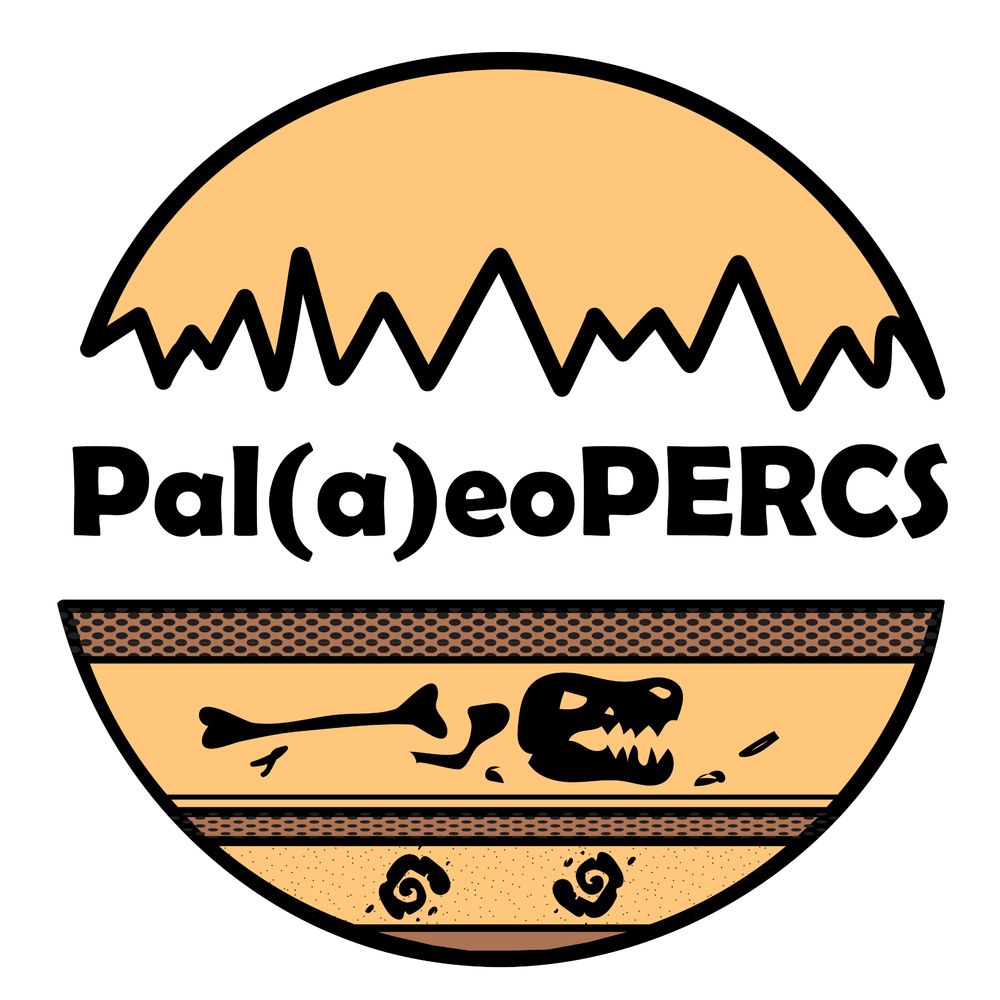Pal(a)eoPERCS
@palaeopercs.bsky.social
290 followers
220 following
140 posts
🌊🌍🐠🦎An international virtual Pal(a)eo EaRly Career Seminar series. Led by ECRs, feat. ECRs, open to all. Join us every Tuesday at 1600 UTC (Daylight Savings)/1500 UTC!🌍🌎🌏🌸🐚🦕🐙
https://paleopercs.com/
Posts
Media
Videos
Starter Packs


















